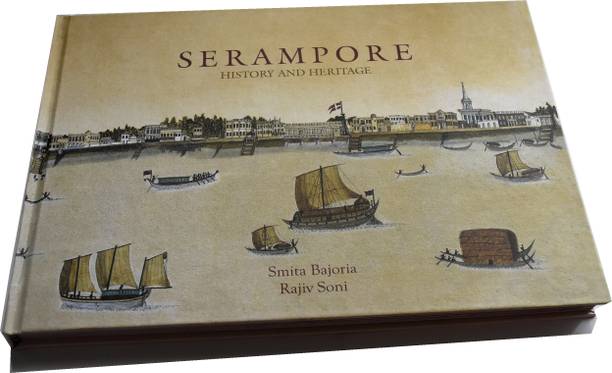 |
| Karambera Fort |
A Mughal settlement once upon a time, once famous for large Tussur silk
manufacture - Keshiary of West Midnapur has a more than 550 years old splendid
edifice of stone namely Kurumbera Fort (22°5'15.27"N, 87°15'18.34"E).Located within few kilometre of Keshiary at
village Gaganeswar. Its doesn't look like anyway but its named as fort. Originally its a Shiva Temple named Gaganeswar later it renamed
as Fort. Kesiary is well connected to
Kolkata via Kharagpur by the NH-6 followed by NH 60. Get down at Kukai stop on
Belda Keshiary Road, Gaganeswar village
is about 4 km on west. Take the concrete roadway to reach at Gaganeswar from Kukai bus stop.
 |
| Plan of Keshiary showing location of Gaganeswar |
 |
| Birds eye view |
The
Afgan Sultanate of Bengal & Bihar invaded Odisha which included undivided
Midnapore district of West Bengal in the year 1568. Later Mughals occupied
Odisha after defeating Afgans of Bengal in the battle of Tukaroi in the year 1575. Gaganeswar Shiva temple
was destroyed and on the western side a Mosque was constructed by the MD Taher
in the era of Aurungzeb and it was completed in 1691. Afterwards being defeated
by the Maratthas at a place named Mogolmari, they left Keshiree. Then
Maratthas take charge of this temple. In course of time the place was overgrown
with thick jungle. One Banamali Panda of Gaganeswar with permission and
assistance of Mr. Donelly, Collector of Midnapore cleared of Jungle, and
discovered in well the image of Mahadeb broken into two parts. Currently fort
is under maintenance of Archaeological Survey of India.
 |
| Inside the Fort |
In
architectural point of view, Kurumbera Fort was build in Oridsi architectural
style. A rectangular cloistered, laterite stone made enclosure 172'- 9" in
north-south and 253'-6" in east-west side with a huge courtyard inside.The
walls are 12 to 15 feet in height. Inside at the east end facing west, ruin of
the temple Gaganeswar while at the western end facing east, inside the
enclosure stands a three domed mosque though not worshiped now. On
the inner side along the wall a pillared veranda runs along the entire length
of the enclosure wall, excepting the gateway at North with is the only access
to the interior. But upon intricate watching on the outside walls it was found
that there may be access from East and west side also once upon a time,later it
was modified/closed by stone. On the western side just behind the Mosque there
is significant change in the pattern of outer wall which proves that
there was an opening.
 |
| Lotus on Roof and Decorative Column |
On
the western side of wall stone etched inscription in Uriya stating when and
whom it was build but many of the character are illegible owing. The ceiling
slab of each cloisters is carved with a lotus. Canter of the lotus is decorated
with an elevated stone edifice but over time fallen from the roof most of the cases.
It’s no
doubt Kurumbera Fort has huge potential in terms of Tourism aspect. Recent development
on Mugolmari site, Kurumbera Fort, Rameswar Temple, Tapobon, Kalua Sanr temple
with charming beauty of Green Jangal Mohal with silvery beach of river Subarno
Rekha have every potential to be developed as a tourism circuit as a weekend
destination for sure.
Find this place in Google Map.Information Source :
A list of object of Antiquarian Interest in the lower provinces of Bengal 1879: compiled at the bengal Secretariat under the orders of the Government of India.
More stories of Kurumbera Fort :
Visit to Kurumbera Fort:Life beyond IIT kharagpur campus
KURUMBERA FORT: Tucked away in oblivion | KolkataOnWheels
More stories of Kurumbera Fort :
Visit to Kurumbera Fort:Life beyond IIT kharagpur campus
KURUMBERA FORT: Tucked away in oblivion | KolkataOnWheels
















0 comments:
Post a Comment